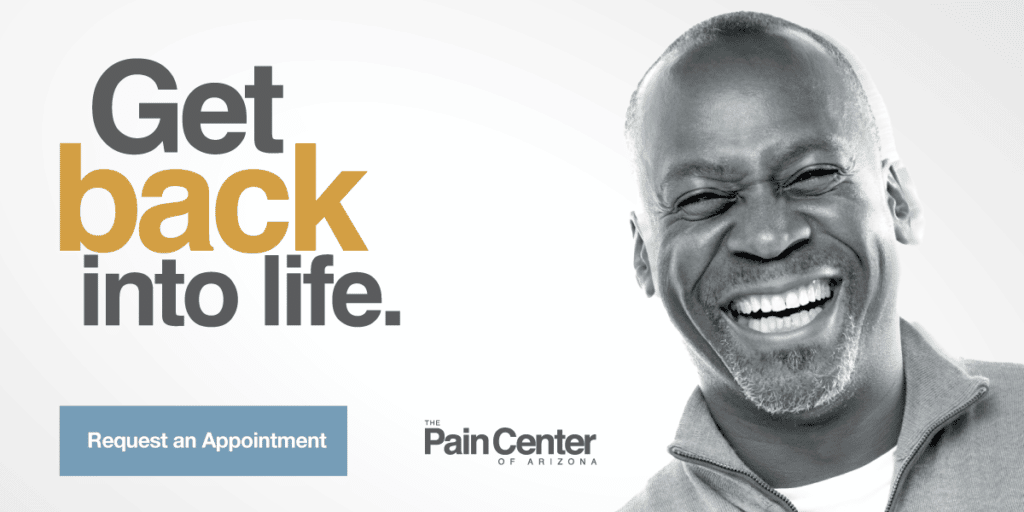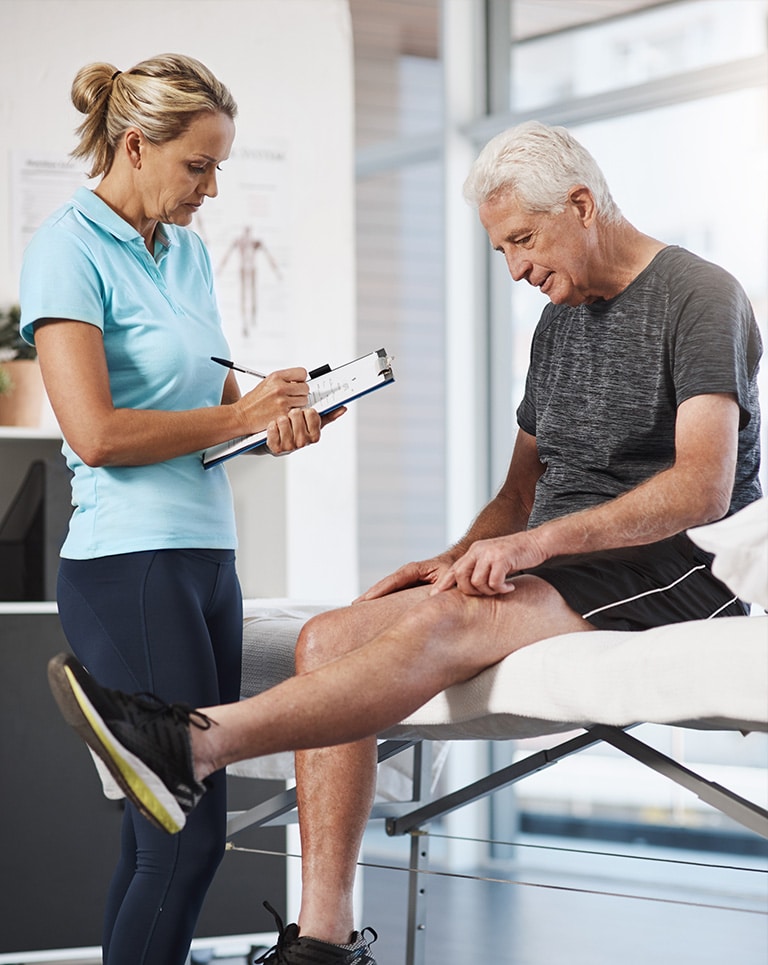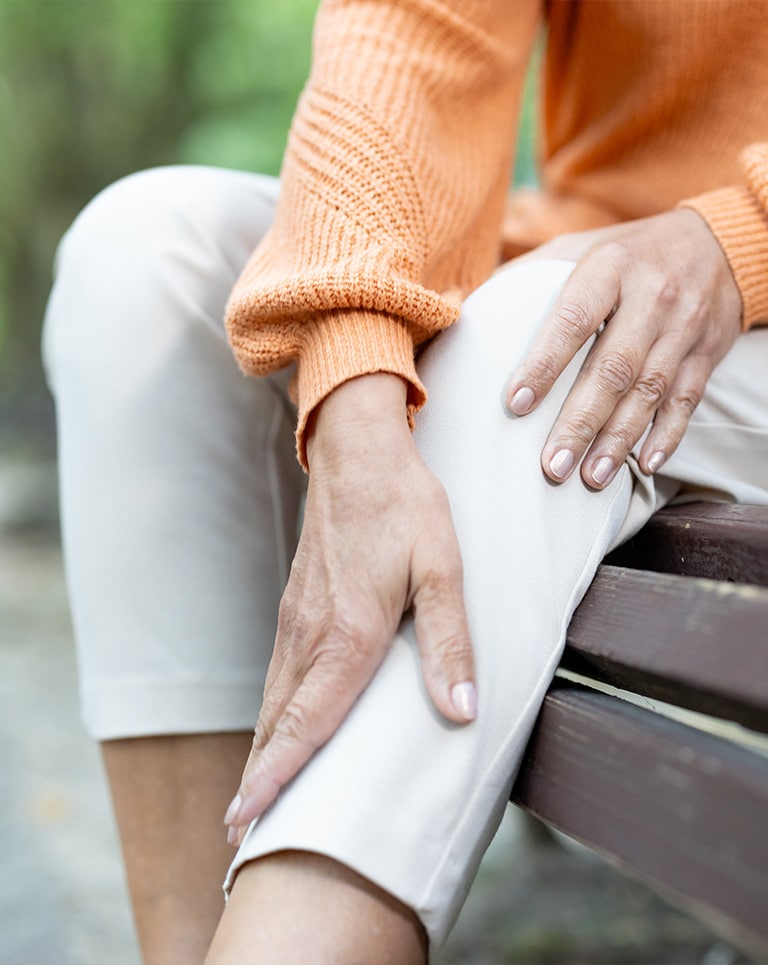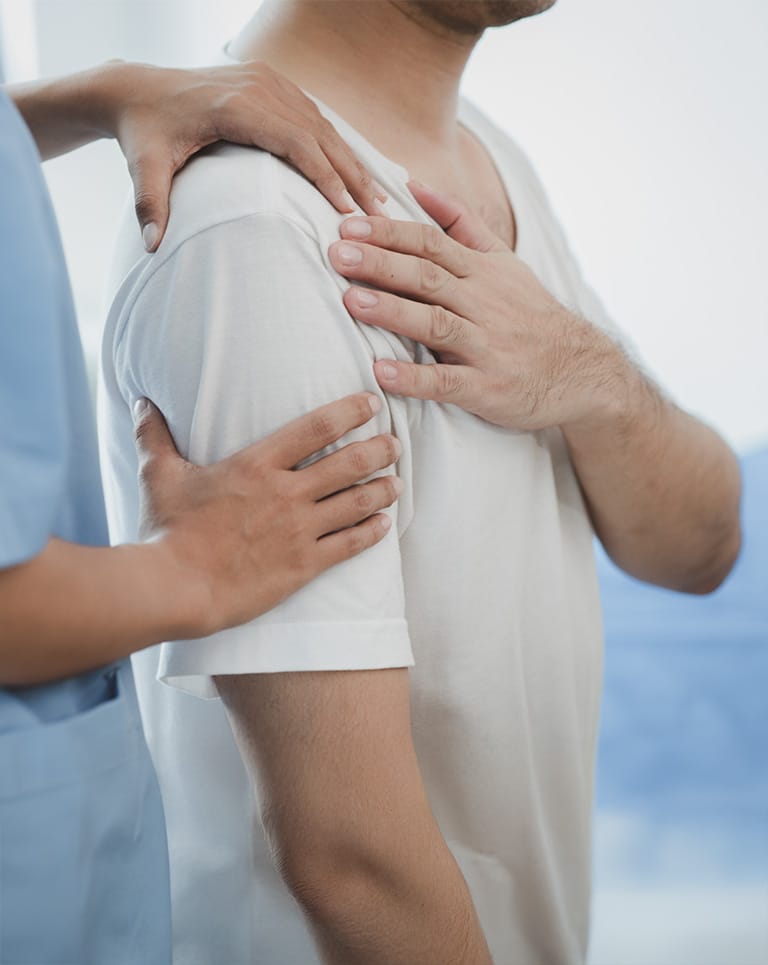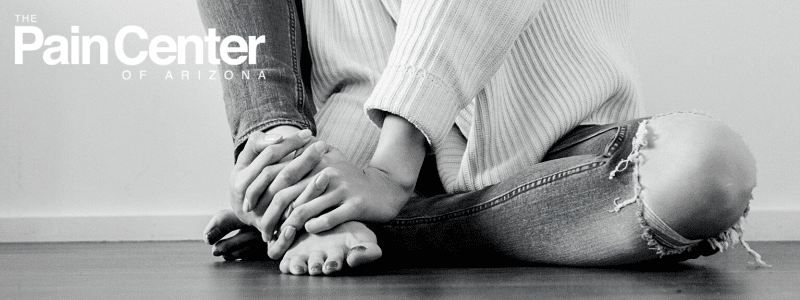
What is Disc Extrusion?
Also known as disc herniation, it usually occurs from degeneration due to a disease like osteoarthritis or the natural aging process. Other causes may include injury, trauma, overexertion, illness, or obesity. Given the circumstances, disc extrusions are largely unpreventable and may heal on their own without surgery.
Symptoms
In most cases, an extruded disc will cause referred pain, which means pain is felt in an area other than where the disc extrusion was caused.
Symptoms of disc extrusion generally include:
- Pain in the lower pain, buttocks, groin, or thighs
- Tingling or numbness
- Weakness in the lower extremities
Treatment
Surgery may not be necessary for minor cases of disc extrusion. Many extruded discs heal on their own. Nevertheless, treatment for the pain that often accompanies disc extrusion may be necessary for some patients. Treatments usually include pain medication, steroid injections, nerve blocks, and more. If the extruded disc progresses into a severely damaged or herniated disc, patients may want to consider minimally invasive spine surgery.
Talk to your pain management physician at The Pain Center of Arizona about treatment for disc extrusion.
How serious is a disc extrusion?
Its seriousness depends on various factors, such as the extent of disc material displacement, specific spinal nerves involved, and accompanying symptoms.
Possible complications include:
- Nerve Compression: An extruded disc can cause pressure on adjacent spinal nerves, resulting in pain, numbness, tingling, and even muscle weakness in associated areas.
- Cauda Equina Syndrome: Extrusion in the lower spine can possibly result in compression of the cauda equina–a bundle of nerves in the spine, resulting in loss of bowel or bladder control, requiring immediate medical attention.
How do you fix a disc extrusion?
Various treatment options are available depending on the degree of your condition, nerve involvement, and symptoms. The right treatment for you will depend on the advice of your trusted healthcare provider.
Conservative Treatments
Minimally invasive treatments for this condition include:
- Physical therapy
- NSAIDs, muscle relaxants, or analgesics
- Epidural steroid injections
- Low-impact exercises
Surgical Interventions
Surgeries for this condition include:
- Microdiscectomy: minimally invasive procedure to remove the extruded portion of your disc
- Laminectomy: removal of a part of the vertebral bone (lamina)
Self-Care and Preventive Measures
Some home remedies and preventative measures include:
- Proper posture and ergonomically supportive workspaces that reduce spinal strain
- Regular core exercises that promote spinal health
- Maintaining a healthy weight to reduce spinal stress
What is the difference between a herniated disc and an extrusion?
A disc extrusion is a more specific and severe type of herniated disc in which the nucleus pulposus breaches the annulus fibrosis and extends into the spinal canal.
Does disc extrusion require surgery?
Some cases of disc extrusion may require surgery, such as a microdiscectomy or laminectomy. This involves removing a portion of the disc or vertebral bone to relieve the condition.
Will a disc extrusion heal on its own?
A disc extrusion healing on its own depends on factors such as the severity of the extrusion and associated symptoms, along with your body’s natural capacity to heal. If you’re experiencing numbness, weakness, or loss of bladder or bowel control, and if your pain is disrupting your daily activities, you should seek medical attention.
Is walking good for disc extrusion?
Walking can be beneficial for supporting your overall health and recovery.
Walking helps:
- Improve blood flow
- Strengthen core and back muscles
- Reduce stiffness
- General healing
- Improve mood
- Reduce pain
If daily walking is something new you plan to implement, consider the following tips:
- Start slow
- Wear the right footwear
- Keep good posture
- Walk on flat surfaces
- Avoid overexerting yourself
- Take breaks throughout the day
Can you run with a disc extrusion?
Typically, you don’t want to run while you’re experiencing inflammation and nerve compression. Since running is high-impact, it can aggravate your extrusion and worsen nerve compression, resulting in potentially worsening your symptoms.
Always consult your trusted healthcare provider for advice on what exercises and physical activities are safe for your particular case.

